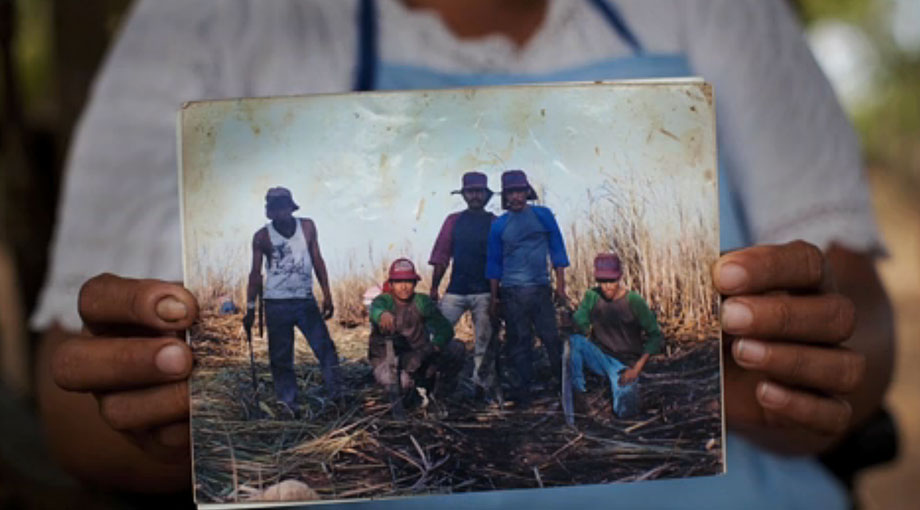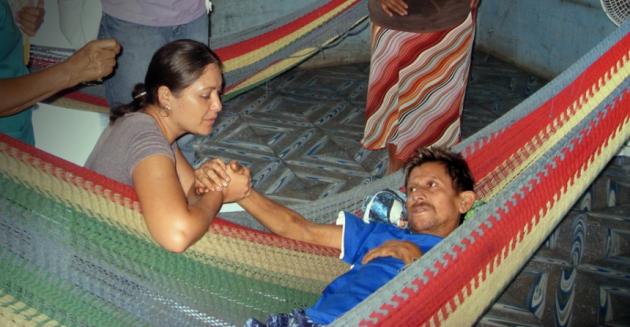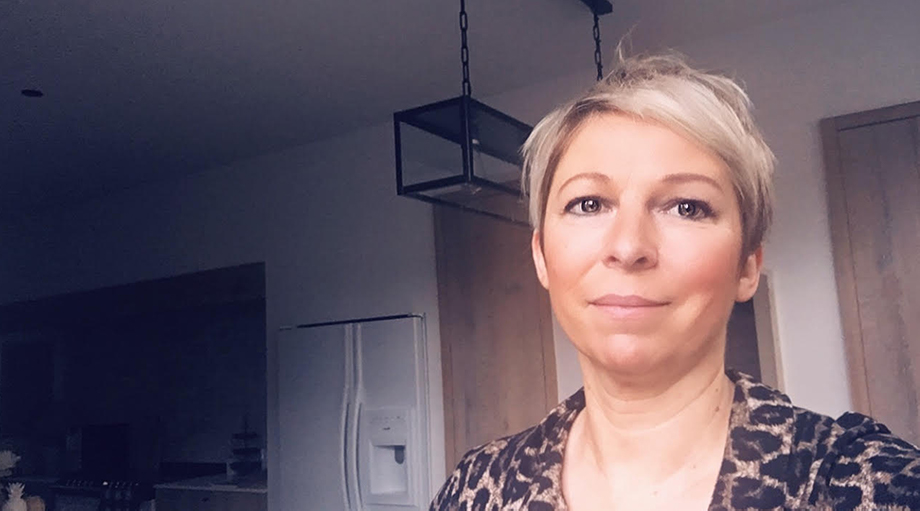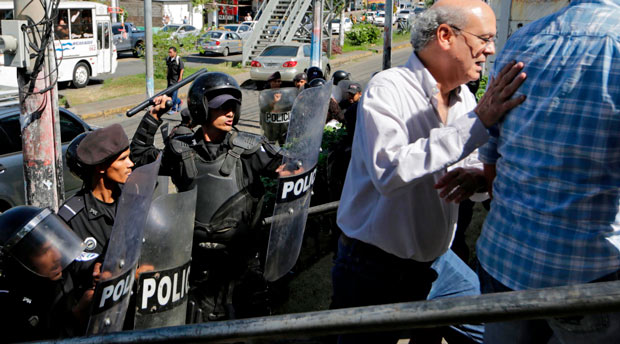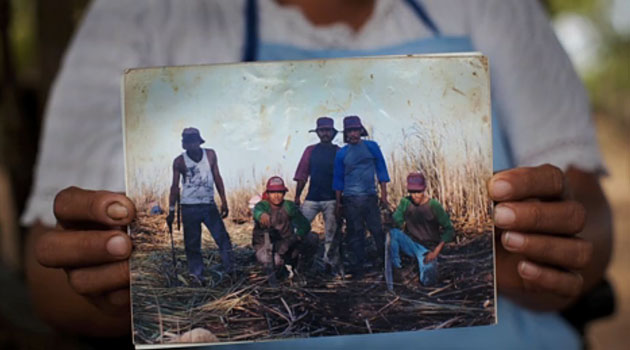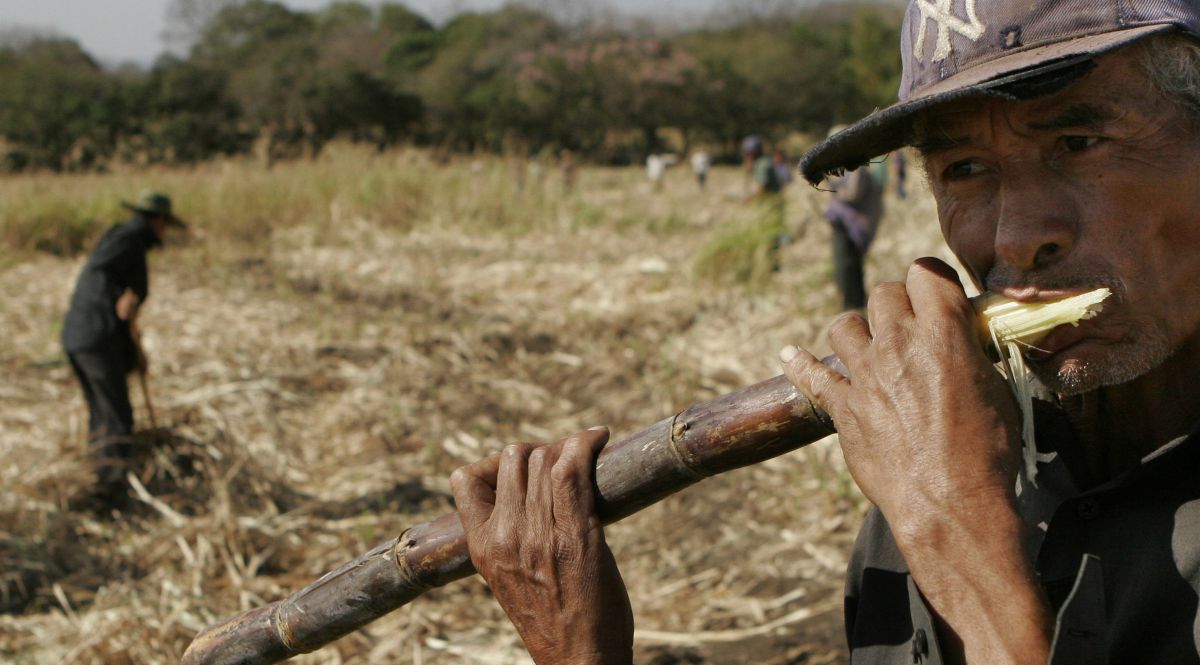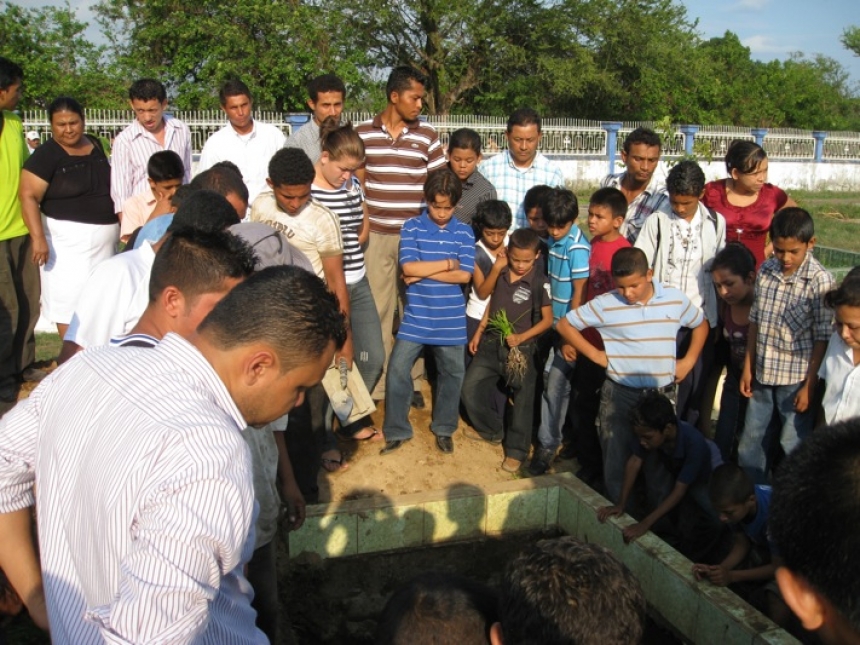The cause is still a mystery but the impact of a dangerous chronic kidney disease was so overwhelming that the Nicaraguan town La Isla had been rechristened La Isla de las Viudas, or, the island of widows.
Back in 2011, our reporter Sasha Chavkin investigated the chronic kidney disease, or CKD, that afflicted male agricultural workers in Central America, including Nicaragua.
An International Consortium of Investigative Journalists analysis of World Health Organization data found that kidney failure killed more than 2,800 men in the region from 2005 to 2009. At the time of reporting, CKD was the second leading cause of death in El Salvador.
Yet, the workers didn’t show significant rates of hypertension or diabetes, the leading causes of CKD in North America.
Researchers floated multiple theories, including one that suggested the pesticides for the crops were exposing the workers to harm, and another that proposed heat stress from overworking was slowly damaging the kidneys.
In response to the epidemic, Nicaragua’s largest plantations began testing their workers’ blood creatinine, a chemical that indicates kidney function. If the results showed high creatinine, an indicator of CKD, workers would be let go.
Maudiel Martinez, a 19-year-old laborer, was dismissed after testing positive for CKD but came back to work under a fake identity. Martinez had to support his family financially — the young sugar worker had already lost his father and grandfather to the illness, and then, he and his older brothers were facing the same fate.
View this post on Instagram
“This disease eats our kidneys from inside us,” Martinez told us. “We don’t want to die, and we feel grief because we already know that we’re hopeless.”
Want to read more? Read Sasha Chavkin’s full story or go to the investigation overview.
